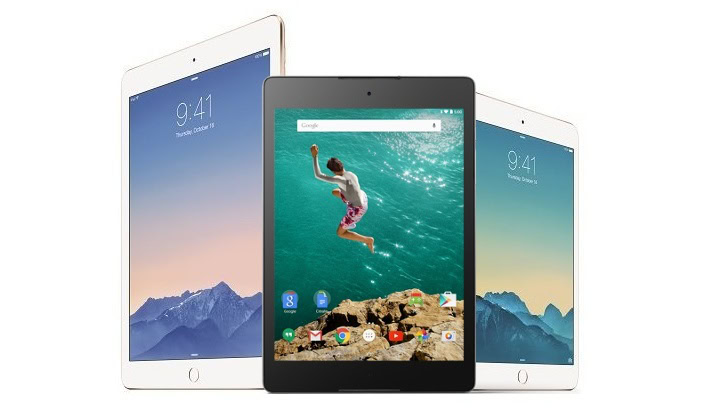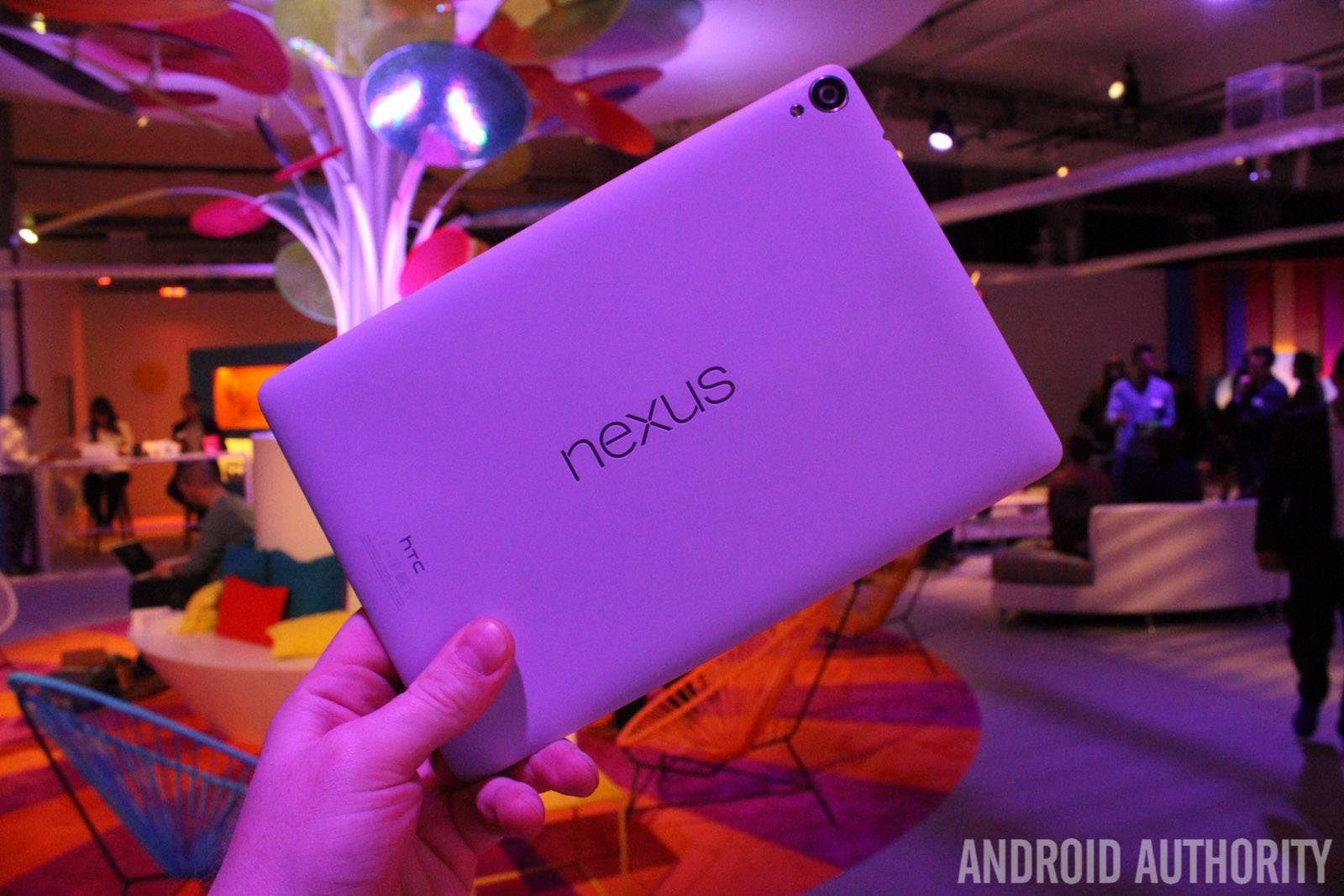Affiliate links on Android Authority may earn us a commission. Learn more.
iPad shipments decline by 12.7% in 2014, but worldwide tablet sales aren't much better
Published onNovember 25, 2014

Overall, it has been a pretty good year for Android tablets. We’ve seen Google’s new Nexus 9, a ton of new Samsung tablets, and not to mention the countless budget-friendly options we’re so used to seeing. As far as Apple’s iPad is concerned, however, they’re not doing so hot this year. The IDC reports that Apple will have shipped 64.9 million iPads in 2014… which is a 12.7% decline from 2013.
Now before we get to poking fun at the iPad, let’s be realistic. Tablet shipments worldwide are suffering by a lot. We’re not at an overall decline, but from 2013, tablet shipments have slowed down from 52.5% (2012-2013) to 7.2% (2013-2014) in year over year growth. That’s pretty bad, especially considering that tablets are constantly getting new technologies and features with every iteration.
As for Android? Year over year growth has risen by 16% in 2014, and the platform still holds 67.7% of the worldwide tablet marketshare. Almost 160 million Android tablets were shipped just this year. On the flip side, Apple is still holding down 27.5% of tablet marketshare, making it the biggest OEM in the space.

So, why are tablets doing poorly? The IDC points out that a tablet’s lifespan was originally forecasted to be similar to that of a smartphone. Largely surpassing its goal, some people hold on to their tablets for 3 or maybe even 4 years, with just about no reason to upgrade. Most people use their tablets for media consumption, and tablets bought 3 years ago can still keep up quite nicely. It could also be that tablets just aren’t making a compelling enough argument to upgrade. In a phone, something that most of us use way more than our tablets, a minor upgrade could make your life a heck of a lot easier. But when a new tablet comes out and all that changes is the battery capacity and screen size, that’s not going to be enough for most people.
Many consumers hold on to their tablets for 3 or maybe even 4 years, with just about no reason to upgrade
Many factors could impact tablet sales in 2015. Of the many options, Google‘s work in both Chrome OS and Android and Microsoft’s work in Windows 10, and whatever Apple has coming down the pipeline could change things up. All of these are no-brainers, sure, but what does that mean for tablets as a whole? I think we’ve all agreed by now that users keep tablets longer than they do smartphones. In turn, making a new slab of plastic or aluminum with a slight bump in specs from last year isn’t going to get people excited. It’s not going to get people to drop $400 when they already have a tablet. We need something new in the market to bring up sales again.
The two platforms that could potentially do that are Google’s Chrome OS and Microsoft’s Windows platform. Chrome OS has been working to make a nice in-between product for people who don’t want tablets, and don’t want to spend a fortune on a laptop. Windows is doing some great things in the 2-in-1 space, giving users the option on whether to use a tablet or a laptop at any moment. We also have Google’s Project Tango and Ara to look forward to. But for now, the tablet market seems to have somewhat plateaued.
What do you think is going to be the next big thing in the tablet space? Any guesses? Conversely, do you feel this decline in tablet share is only natural with the rise of bigger-screened smartphones, and not anything to get too worked up about?